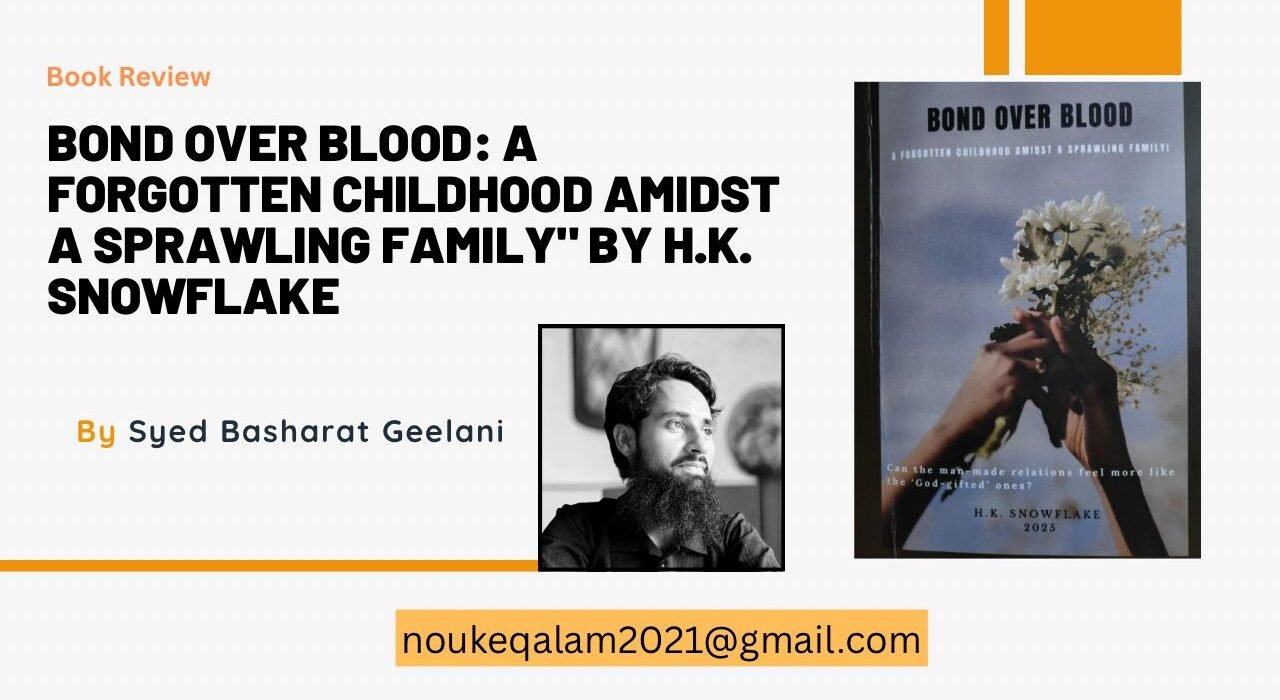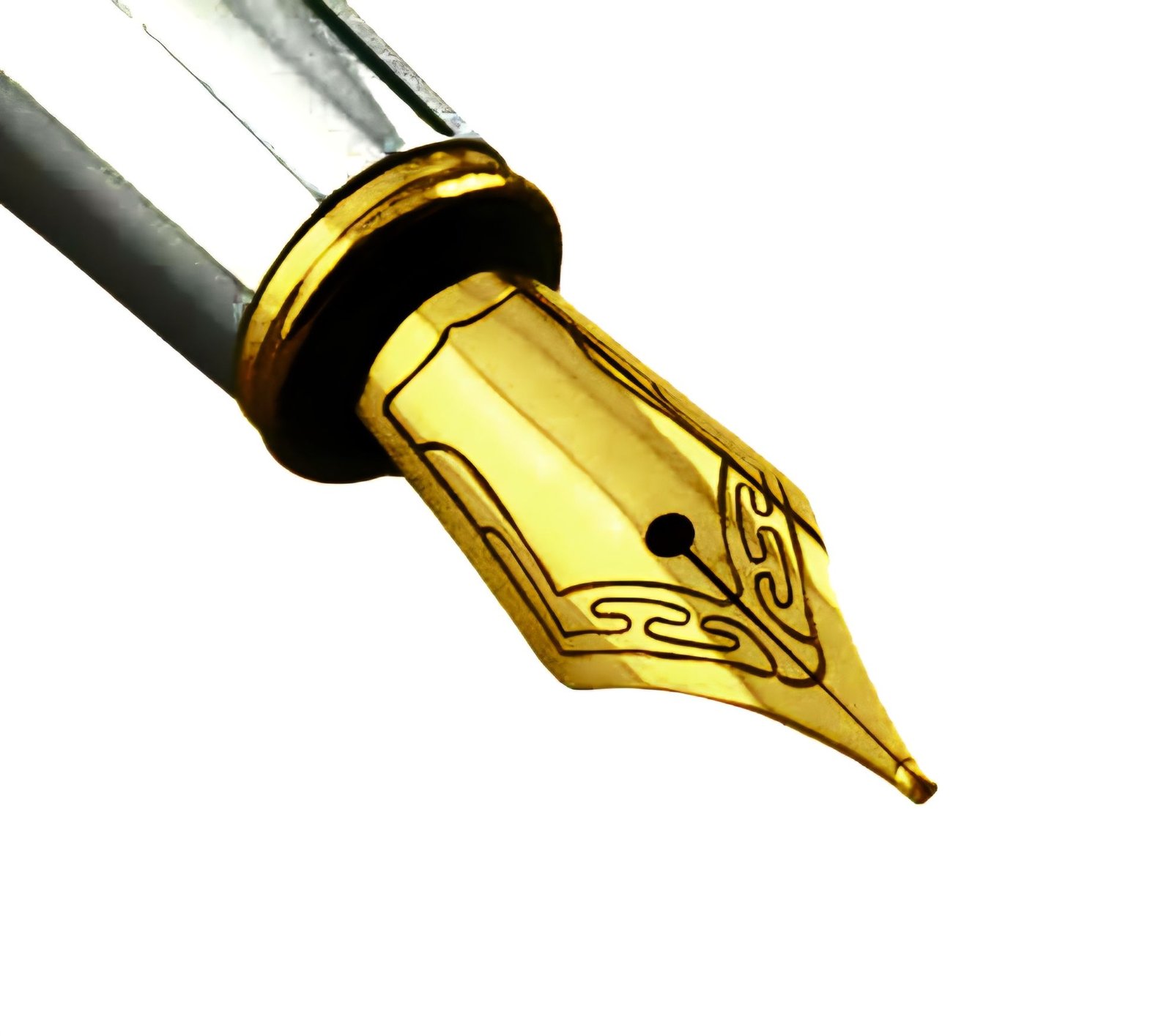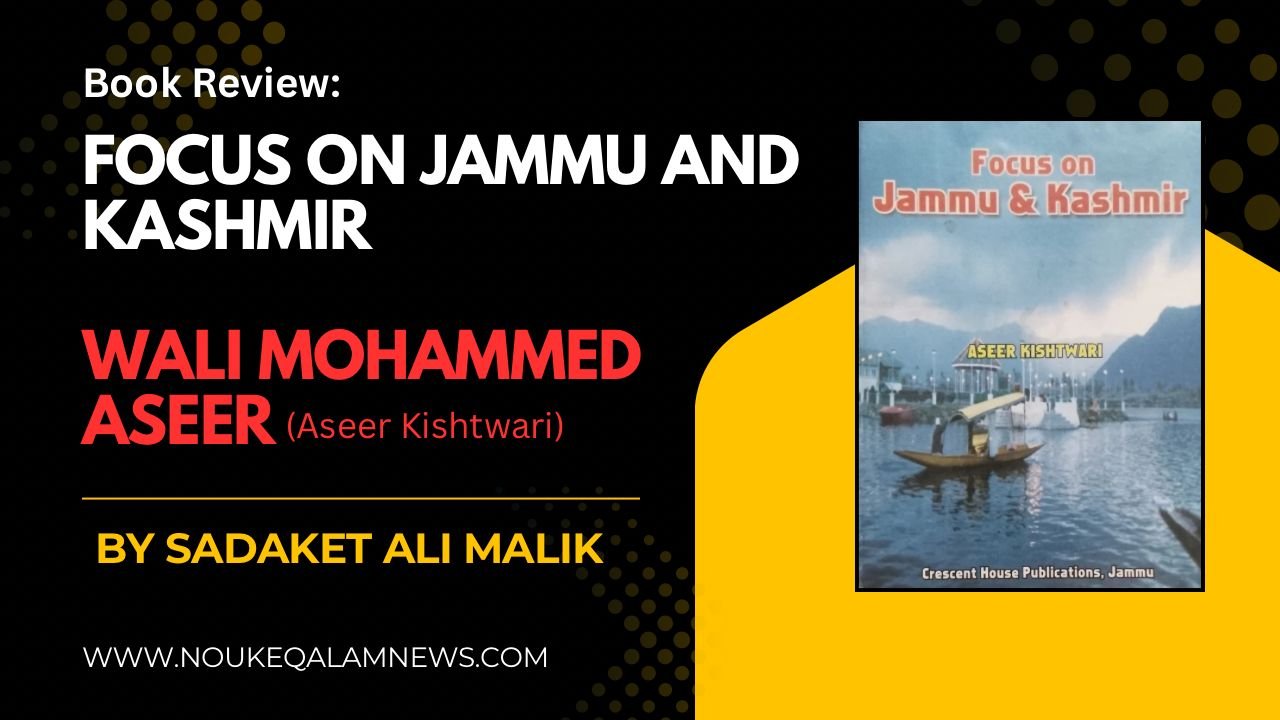It is a particular pleasure for a teacher to review a book written by a former student. Hafsa Khan, who writes under the name H.K. Snowflake, was in my ninth-grade Urdu class. She was a dedicated student, and even though Urdu was challenging for her, she worked hard and succeeded. While she enjoyed math and science, she also had a love for poetry and used it to express herself. I feel fortunate to have taught students like her – students who are loyal, respectful, eager to learn, and have the grit to overcome challenges. At seventeen, a time when many young people are just starting to figure things out, Hafsa Khan demonstrates a lot of insight and experience in her first book, “Bond over Blood.” It’s a collection of poems inspired by her life in Baramulla, Kashmir.
This slim book contains about forty pages with twenty-one distinct poems, each exploring a different theme. The variety of topics covered in such a small book shows the breadth of the author’s knowledge and interests. “Bond over Blood” is particularly suitable for young adults navigating the complexities of adolescence, a time filled with both joys and difficulties. In the author’s own words,
“the book is more than just a collection of poems; it’s her personal story. She reflects on feeling pressure from expectations and the responsibilities of being the eldest child.”
She hopes that this book will resonate with those who may appear happy on the outside but are grappling with inner struggles.
Reading “Bond over Blood” can evoke a sense of nostalgia, prompting readers to reflect on their own early memories. The poems touch on peer pressure, emotional setbacks, and the importance of supportive parents and friends. Beyond simply triggering memories, the book encourages a deeper understanding of real-life situations. Khan bravely addresses the often-uncomfortable reality that people tend to judge us based on their own perspectives. She captures this sentiment well in the lines:
“We are all bad in someone’s story,
but we may be the best for someone special,”
revealing a mature understanding of human perception. The poems also highlight the crucial role that childhood plays in shaping our personalities.
The author makes an insightful observation that it’s more valuable to excel in one area than to try to be good at everything. This challenges the societal pressure to conform to general expectations and instead encourages the recognition and development of individual talents and passions. Khan also skillfully depicts how our childish perceptions of the world gradually evolve as we mature, confronting the realities of life and perhaps losing some of our early innocence.
The theme of death is another significant and thought-provoking element of the collection. Khan suggests that death can be a release for those who have lived good lives, while it can be a burden for those with harmful intentions. She acknowledges the inherent duality of the world, which contains both selfish and generous individuals, those who struggle to provide for their families, and those who rationalize corruption. This challenging reality is vividly portrayed in the poem that includes these lines:
House turns to palace, adding more and more floors,
one black car in garage or new gadgets three or four.
Land became treasure box-having money as its key,
for keeping our fame and names, we called bribe as fee.
On the same land, under one sky, drinking river water, that’s just a lie.
Many are on roads, some are on the beds,
while there are those who have chandeliers over their heads.
Furthermore, the author emphasizes the important role of hardships in developing resilience and wisdom, offering a source of hope in a world that can often seem bleak. As she writes,
“After dark and gloomy night,
pleasant and pleasing day arrives,”
and further,
“Suffering is a promise that days will get way better;
time kills but so does heal, just try to give time some time.”
These lines recall familiar sayings like “time heals all wounds” and “this too shall pass,” providing comfort and encouragement.
Religion is also present in the book, reflecting the author’s faith and her belief in a divine plan. She encourages readers to pursue their goals diligently, trusting in God’s guidance. The collection also includes expressions of love and respect for her parents. The poem dedicated to her father is particularly moving, conveying deep affection and admiration. Similarly, she conveys her love for her mother, sister, and family.
As this is Khan’s first book, I would encourage her to seek advice from experienced writers who can help her refine her craft. Continued exposure to a variety of poetry will undoubtedly enhance her understanding of poetic techniques, areas where she could further develop her skills. While her writing is commendable, it could be further strengthened. Although the book is relatively short, the ideas presented are thoughtful and well-articulated.
Despite these minor areas for improvement, “Bond over Blood” is a worthwhile read. I recommend obtaining a copy and exploring its pages. The book is currently available for purchase on Amazon.







Aaliya shabir
July 29, 2025Best of luck for your bright future
Create a free account
July 29, 2025Your article helped me a lot, is there any more related content? Thanks!